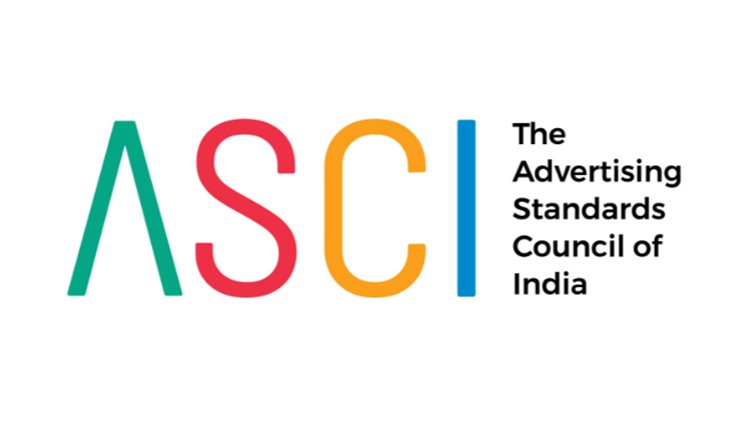ASCI issues guidelines for charitable cause advertisements
According to the regulatory agency, these advertisements must avoid employing images or themes that cause customers undue anxiety

The Advertising Standards Council of India (ASCI) has issued standards for philanthropic cause commercials.
The new guidelines supplement the ASCI code. Ads must be honest and truthful according to Chapter 1, and they must not create grave or widespread injury or offence according to Chapter 2.
An advertisement for a charitable organisation or a charitable crowdsourcing platform shall not explicitly or pointedly imply that anyone who does not support the charity fails in their obligation or should feel guilty.
Advertisements may not, in any way, undermine the dignity of individuals for whom an appeal is being made, including by portraying graphic images of victims in distress, particularly children and minors. If questioned, an advertiser must be able to provide documentation of express authorization for the usage of photos of beneficiaries.
Any image that could cause unnecessary grief to an average customer in digital advertising must be blurred and made accessible only to those who are interested in learning more.
When an appeal is made for a specific case or beneficiary, the advertisement must state if the funds could be utilised for other purposes or for other beneficiaries. Advertisements must not mislead customers about where or to whom their donations are being directed.
If a crowdsourcing platform charges a percentage or fee for managing or soliciting donor cash, the amount must be specified in the advertisement.
Manisha Kapoor, CEO and Secretary General of ASCI, commented on the new recommendations, saying, "ASCI recognises that charities can have a difficult job explaining the nature of the important, and often sensitive, work they do, and raising funds for beneficiaries in need." They must, however, be careful not to overstep the mark by deceiving consumers or creating unnecessary hardship to people who are simply surfing the web. The recommendations establish a compromise between allowing charity to undertake essential work while also being fair to consumers who see such commercials."

 Sumit Rawat
Sumit Rawat 










